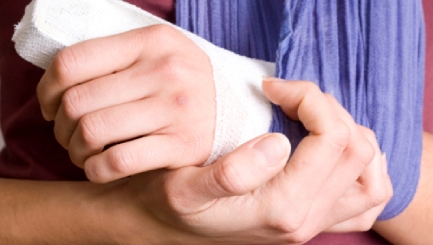Is This The New Wonder Drug For Brittle Bones?
 Taking medications to cure one health problem may leave us with wellness issues in other parts of our body. A new drug has been formulated especially for brittle bones that bypass some of the side effects linked with other treatments on the market.
Taking medications to cure one health problem may leave us with wellness issues in other parts of our body. A new drug has been formulated especially for brittle bones that bypass some of the side effects linked with other treatments on the market.
Ups and downs
When we get a diagnosis of osteoporosis it’s very important that we protect and preserve the bone mineral density we have. In fact, we are generally guided by medical experts to take treatments and change our lifestyles to actually build on our bone density. Some of these actions can really boost our wellbeing in general, such as eating a varied diet high in calcium and Vitamin D. Some treatments have their downsides, so it’s important to make an informed choice with the help of our GPs.
Bisphosphonates are prescribed for brittle bones as they can eradicate the cells that break down bone (osteoclasts) – but they’ve been linked with gullet cancer, general digestive problems and jaw fractures. Now, makers of new drug denosumab say this medication doesn’t have these side effects, but works just as well or slightly better than bisphosphonates.
New treatment
Rather than getting rid of osteoclasts, denosumab actually blocks their production. Clinical trials show that 2.3 per cent of women taking the drug got spinal fractures, while 7.2 per cent taking the placebo suffered from breakages in their back. Similar results were seen regarding hip fractures, with 0.7 per cent of the drug group breaking their hip and 1.2 per cent of the placebo group also breaking this joint. Although women tend to get osteoporosis more than men, men are also at-risk – particularly if they have had hormone fluctuations, like those resulting from prostate cancer therapy. For this reason, men were also included as part of the trial, with 1.5 per cent of the drug group and 3.9 per cent of the placebo group getting spinal fractures.
Weigh it up
Although denosumab may not have the same side effects as bisphosphonates, they could still cause some adverse reactions. During the study some people experienced skin inflammation/infections where the drug was injected and bone pain as the drug took effect. The makers recognise the need to look at these side effects further, and chatting to our GPs can help us decide the best treatment.


Comments are closed.